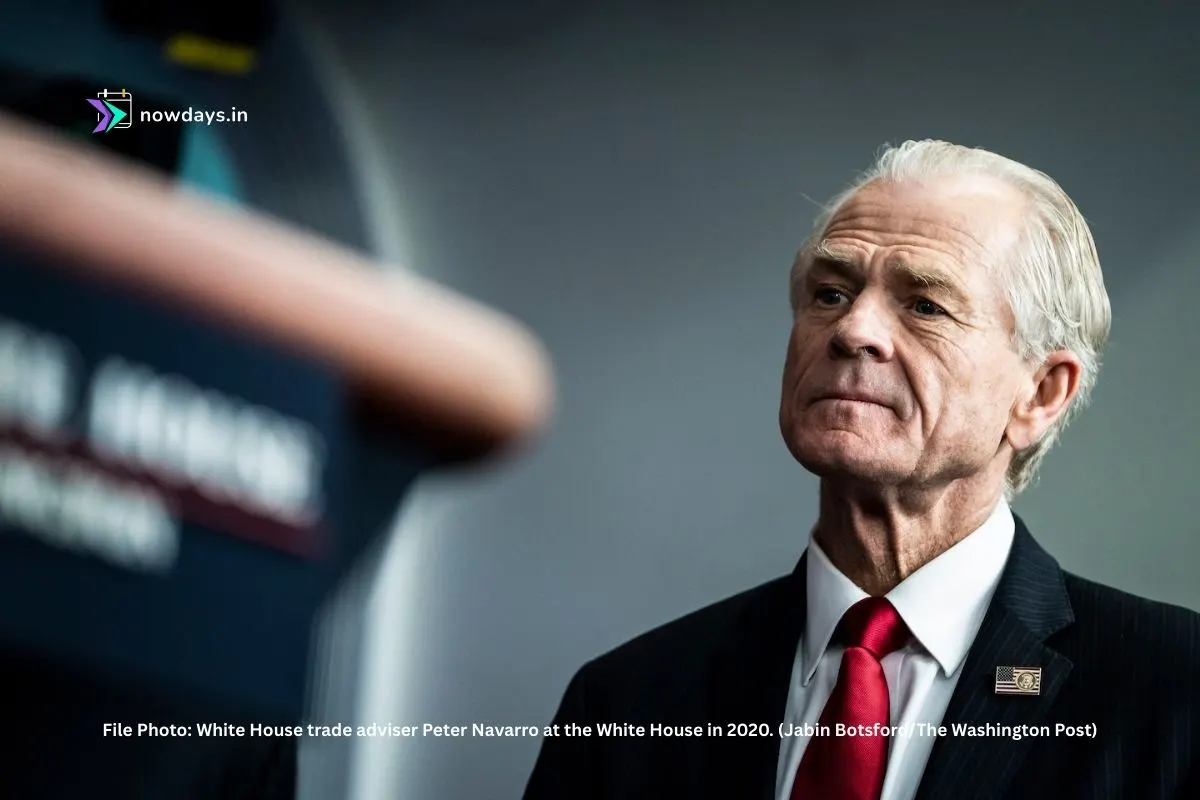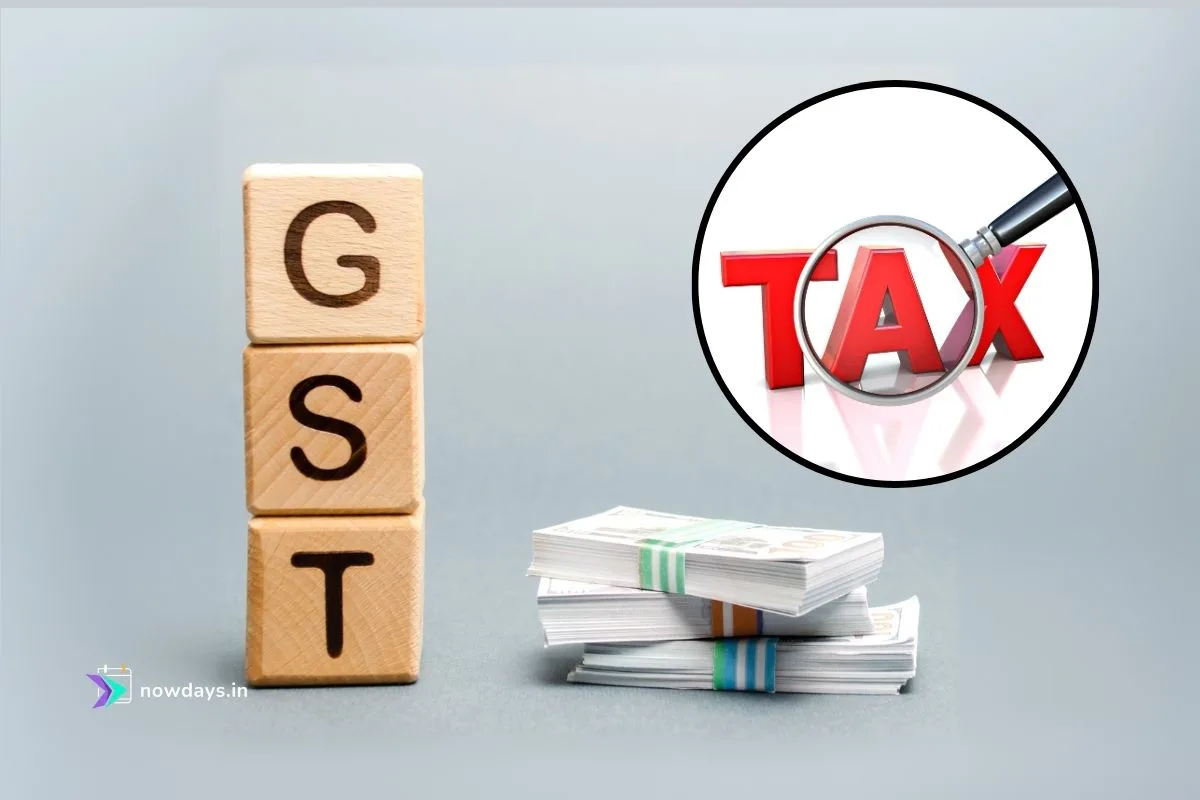In a provocative on-air statement, former U.S. trade adviser Peter Navarro accused India’s Brahmin community of profiteering from discounted Russian oil, claiming such gains come “at the expense of the Indian people” and serve as a rationale for newly doubled U.S. tariffs. He further labeled India a “laundromat for the Kremlin,” alleging that its refined exports fuel Russia’s war economy. The Indian government and energy analysts have outright rejected these claims, underscoring that consistent petroleum export volumes reflect supply realignment—not profiteering.
🚨 Trump’s trade adviser Peter Navarro “I want Indians to understand what is going on.
— Nowdays (@nowdays_x) September 1, 2025
Brahmins are profiteering by buying Russian oil at the expense of the Indian people"#russianoil #SCOSummit2025 #Putin #Modi #ModiInChina #ModiInTianjin #nayara #reliance #ambani #viralvideo… pic.twitter.com/PKo21S35zv
Caste-Charged Rhetoric Sparks Outcry
On Fox News, Peter Navarro singled out India’s Brahmin community, claiming they were “profiteering at the expense of the Indian people”—a statement widely condemned as casteist and divisive in diplomatic discourse.
Read More: Who Truly Benefits from India’s Purchase of Russian Oil — The Public or Ambani?
“Laundromat for the Kremlin” Allegation
Navarro accused India of acting as a processing hub: importing discounted Russian crude, refining it, and exporting fuel at premium prices—thereby funneling profits indirectly to Russia’s war effort.
Inflated Role in Oil Imports
He noted a dramatic rise in Russia’s share of India’s crude imports—from under 2% before 2022 to approximately 35% in 2024–25—framing it as opportunistic rather than essential for energy needs.
Tariff Tactics & Trade Pressure
Navarro defended the doubling of U.S. tariffs on Indian goods to 50%, using them as leverage to cut India’s Russian oil purchases. He suggested that retracting the tariffs hinged on India halting these deals.
Diplomatic Consequences & Pushback
- India’s denials: Authorities insist their energy stance is commercial and strategic, not political; other major buyers like China haven’t faced similar sanctions
- Strategic fallout: Analysts warn these developments mark “a low moment” in U.S.-India relations, threatening cooperation within alliances like the Quad.
Key Elements & Insights
1. Official Indian Responses
- MEA Pushback: India’s Ministry of External Affairs rejected Navarro’s remarks as “unfair, unjustified and unreasonable,” arguing that imports of Russian oil were driven by energy security needs, not malicious intent (Financial Times, Wikipedia, India Today, The Economic Times).
- Jaishankar’s Reaction: India’s External Affairs Minister described the U.S. criticism as “perplexing,” reminding observers that India purchased Russian oil at U.S. encouragement in the past (www.ndtv.com, Wikipedia).
2. Geopolitical Shift & Strategic Impact
- Tensions in U.S.–India Ties: The 50% tariff escalation and Navarro’s rhetoric have strained bilateral relations, casting uncertainty on strategic partnerships like the Quad (The Guardian, Financial Times, The Washington Post, Wikipedia).
- Modi’s Pivot: In response to diplomatic friction, PM Narendra Modi is strengthening ties with Russia and China, evidenced by participation in the SCO summit in China (The Guardian).
3. Energy Trade Context
- Indian Reliance on Russian Oil: Post-Ukraine conflict, India’s reliance on Russian crude surged from less than 1% to over 30%, reaching around 1–1.5 million barrels per day (India Today, Business Standard, The Wall Street Journal, Wikipedia).
- Reliance Industries: Large players like Reliance, sourcing nearly half their crude from Russia, are largely unaffected by tariffs due to exemptions for energy products (The Wall Street Journal).
4. Economic & Ethical Counterpoints
- Strategic Calculus vs. Hyperbole: Editorials argue India’s energy policy aligns with national interests in a multipolar world, not Western expectations (The Economic Times).
- Historically Coherent Policy: Tax exemptions and price controls—like export caps on fuel—highlight efforts to curb profiteering and maintain domestic stability, contradicting Navarro’s profiteering claims (OpIndia, Reddit).









1 thought on “Navarro’s Caste-Driven Trade Slam: Brahmins, Russian Oil & 50% Tariffs”